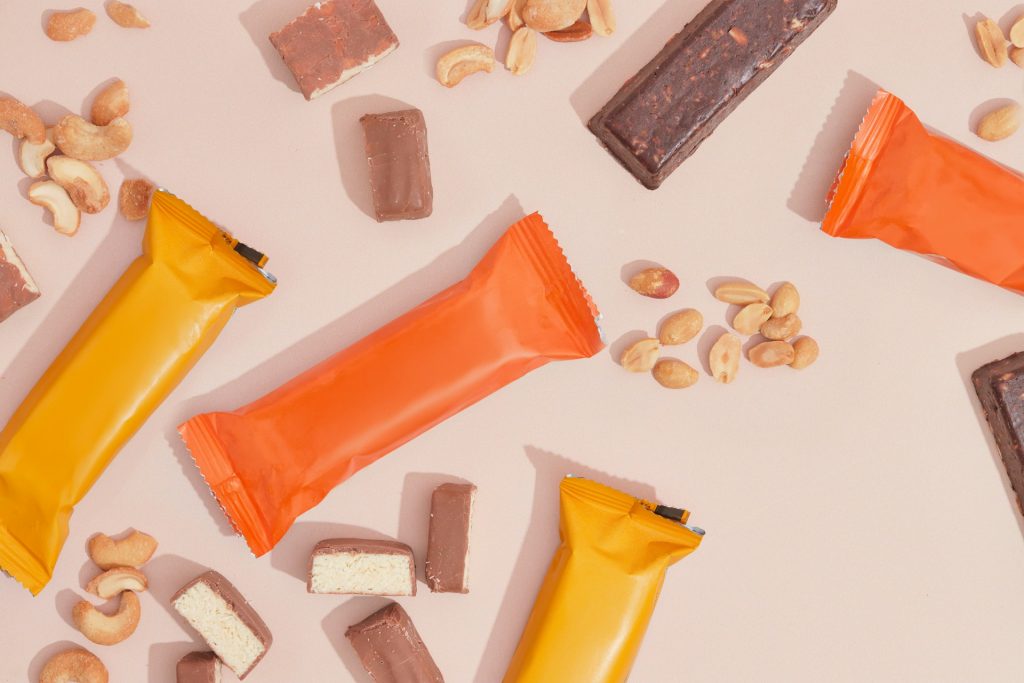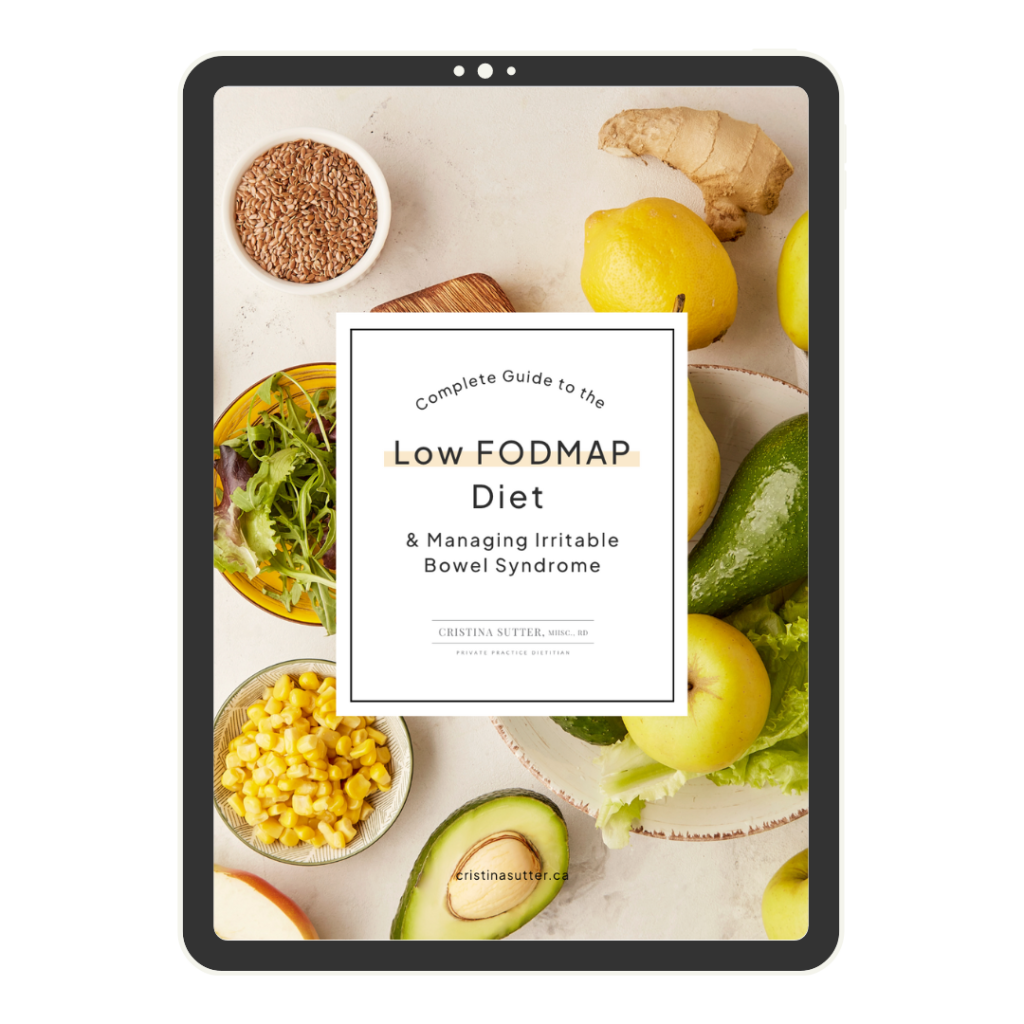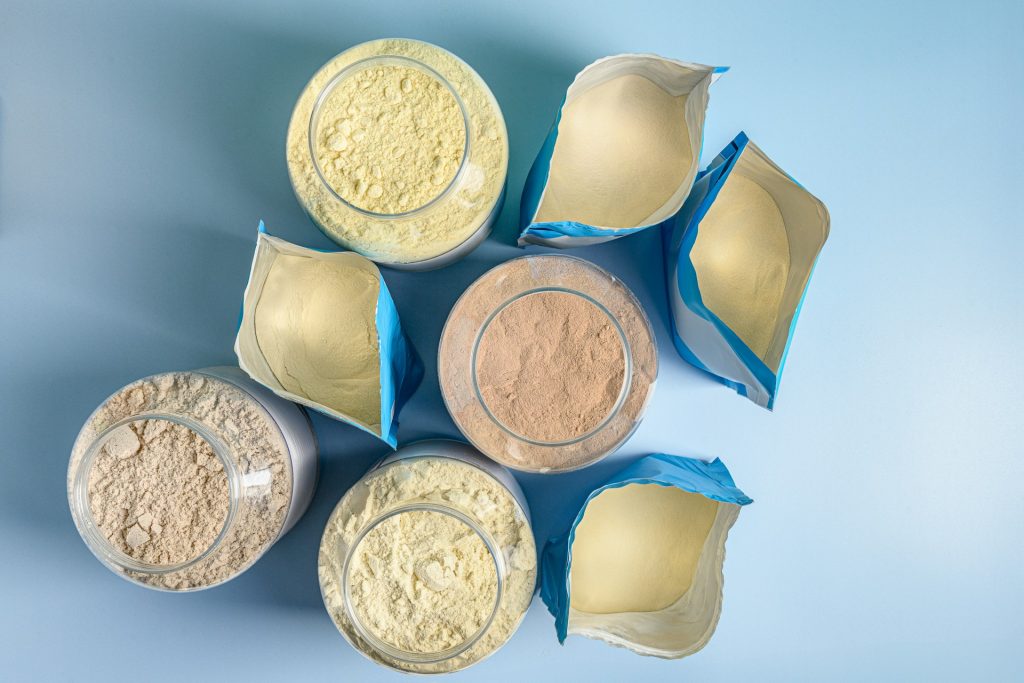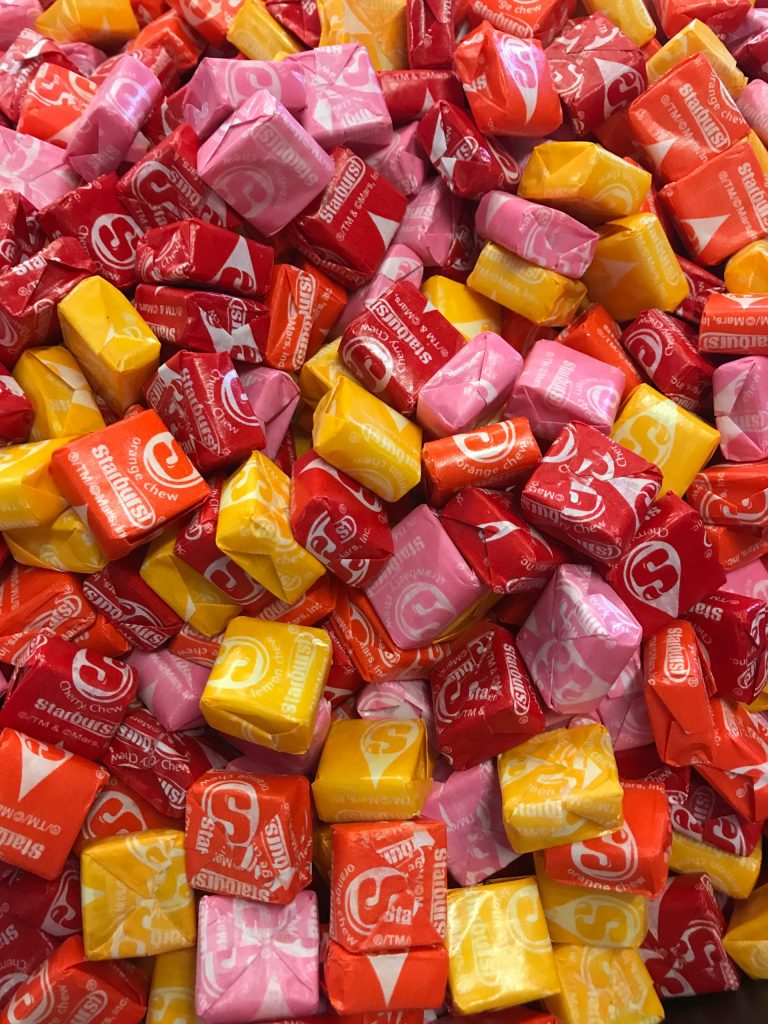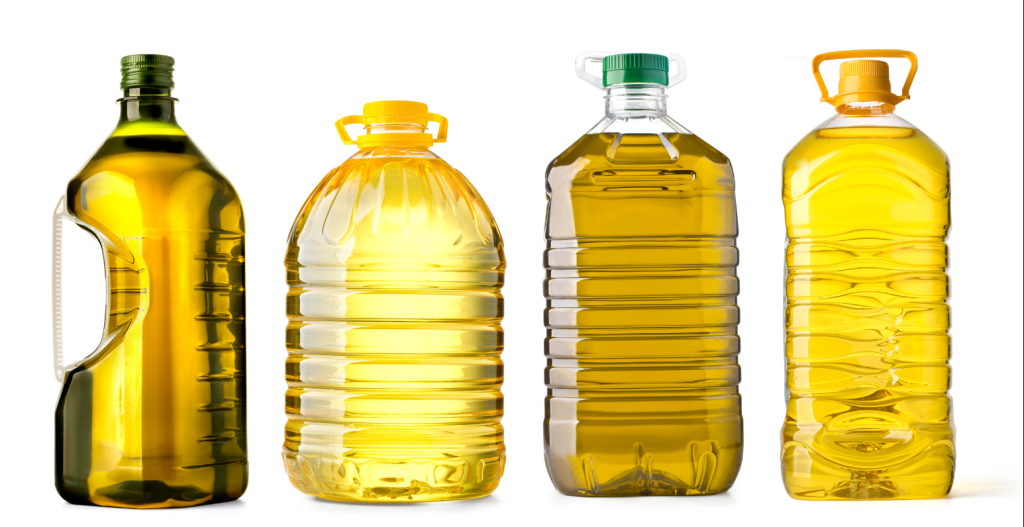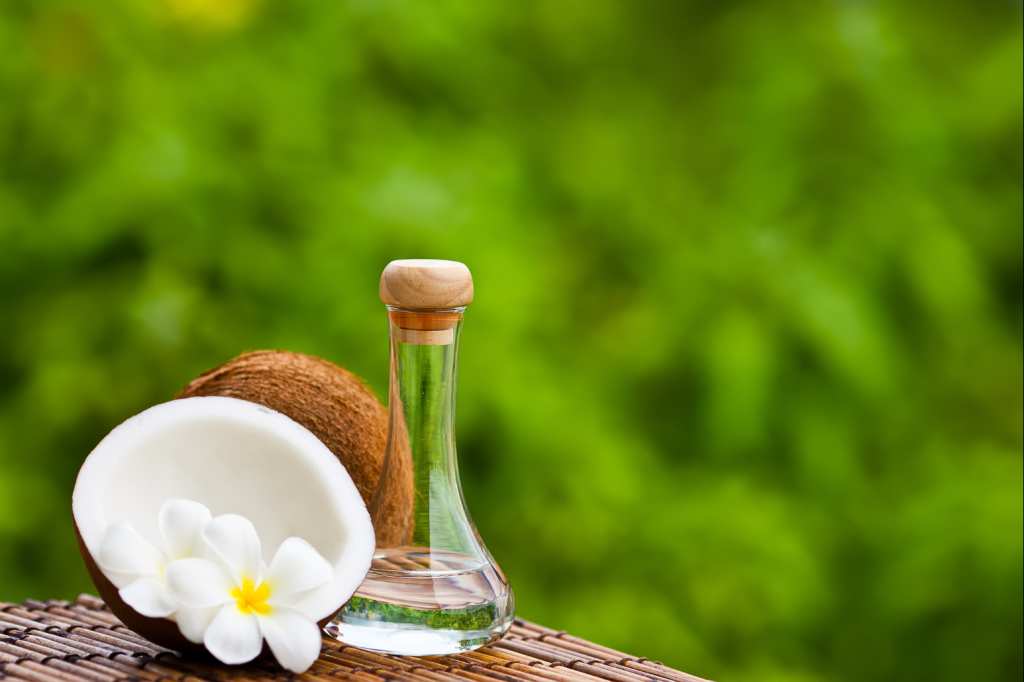As a dietitian, one of the most common questions I get is, “Are Protein Bars Actually Healthy?” With the rise of high-protein and low-sugar bars, many of us are reaching for bars sweetened with artificial sweeteners and sugar alcohols, believing we’re making a healthier choice. But is that really the case? Recent research is casting a serious shadow on some of these popular ingredients.
A Startling Link to Heart Health
A groundbreaking study from the Cleveland Clinic, published in Nature Medicine, has raised significant concerns about a common artificial sweetener called erythritol. The research found a correlation between erythritol consumption and a higher risk of experiencing a heart attack or stroke.
Erythritol is a type of sugar alcohol often found in “zero sugar” or “keto-friendly” products, such as certain protein bars (e.g., Quest bars). The study suggests that for individuals already at high cardiovascular risk, erythritol could dramatically increase the risk of clotting (thrombosis)—potentially by 200-400%. This is a staggering figure, representing a much higher increase in risk than even well-known factors like smoking. While the risk isn’t as pronounced for lower-risk individuals, it’s a serious finding that warrants our attention.
What Are Sugar Alcohols, and What “Healthy” Protein Bars have them?
Erythritol, xylitol, and maltitol are all types of sugar alcohols. They are typically manufactured through a fermentation process using yeast or bacteria.
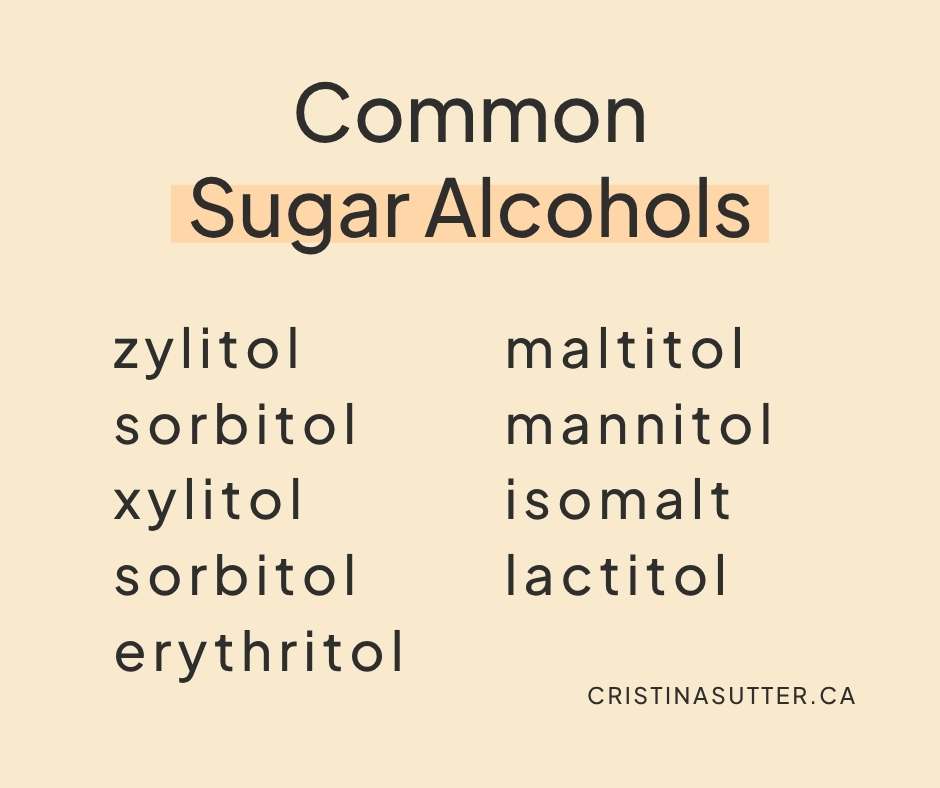
You’ll find sugar alcohols in a wide range of products, including:
- Pure Protein bars (maltitol)
- Quest bars (erythritol)
- Barebell bars (maltitol and sucralose)
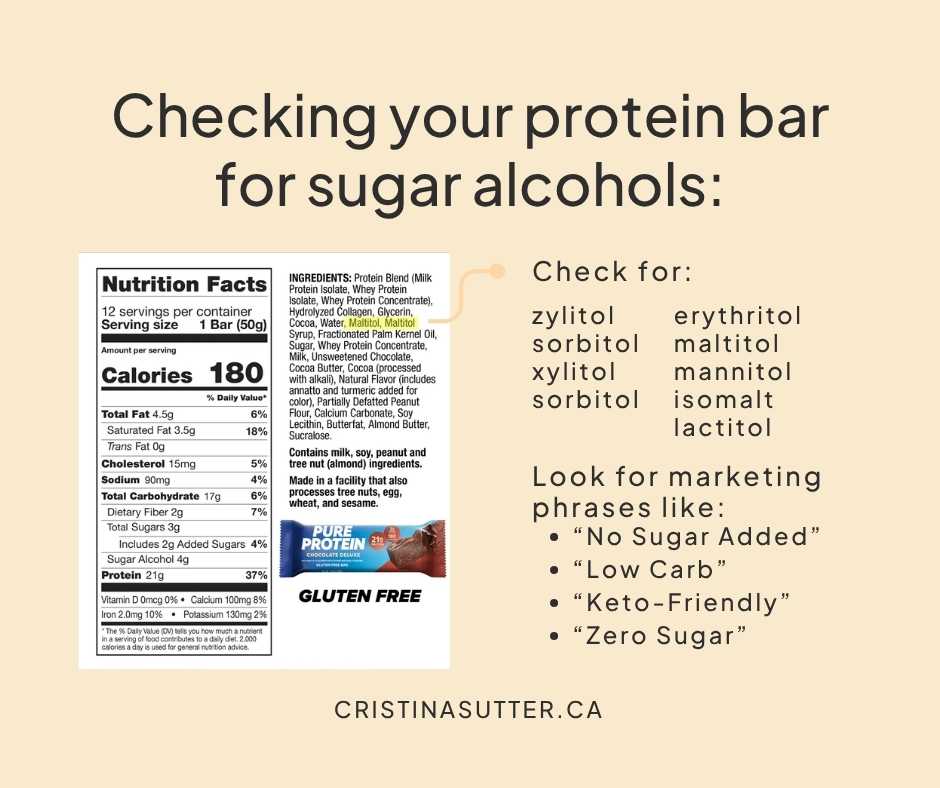
Are There Any Safe Sweeteners in Protein Bars?
The artificial sweeteners with a long history of use include Acesulfame potassium, Aspartame, Saccharin, and Sucralose. These are used in diet pops, chewing gums, and desserts.
They are considered safe in moderation; however, the long-term effects on our gut bacteria, inflammation, and cancer are unknown. Each of these health outcomes is impacted by a multitude of complex individual and environmental factors that are nearly impossible to single out.
Stevia and monk fruit are plant-based, and can be used as safe and natural sweeteners.
However, the best approach is not to simply swap one sweetener for another, but to shift our focus back to whole foods.
Looking for more information on natural sweeteners? Check out this blog post: Agave Syrup: Natural Sweetener Raises Risk of Heart Disease and Diabetes
Instead of reaching for a highly processed bar to satisfy a craving, consider options rich in fibre and whole-grain carbohydrates. These foods provide sustained energy, help you feel full and satisfied, and nourish your body without the potential risks associated with artificial additives.
My favorite high fibre, high protein bars without artificial sweeteners include:
- Simply Protein bar
- Kashi bar
- Cliff builder mini
Ultraprocessed Foods Can Cause Weight Gain
A new study published by lead author Samuel J Dicken in Aug 2025 found that eating ultra-processed foods could make it harder to lose weight. This randomized crossover study found that people ate more when eating a diet with “healthy” ultra processed foods like frozen meals and packaged snacks, compared to a diet with a similar macro profile from homemade foods.
In fact, researchers have known for about 10 years that drinking diet pop regularly is linked with weight gain. Although it has zero calories, studies have shown a link between drinking diet pop and increased waist size, higher weight, and greater food cravings. Also, a new study is uncovering a link between diet pop and non alcoholic liver disease.
Artificial Sweeteners + Gut Health
Recent studies have found that artificial sweeteners including aspartame, have a negative impact on the inflammatory markers and the microbiome diversity of our gut. A 2024 meta-analysis reviewed eleven clinical trials on this topic to investigate the effect of low-and non-calorie sweeteners on the gut microbiota and found mixed results. Research in this area is tricky because the gut microbiome is complex and our baseline dietary habits and individual differences influence outcomes. More human studies are needed to confirm the effects of sweeteners on the gut microbiota.
The Bottom Line: Are Protein Bars Healthy?
While the occasional artificially sweetened product is probably fine (yes, I do enjoy the occasional Barebell or Pure bar), the latest evidence on erythritol suggests we should be cautious about making them a regular part of our diet, especially if we have underlying cardiovascular risk factors.
My recommendation is to prioritize whole, unprocessed foods.
By nourishing your body with natural sources of fibre and nutrients, you can manage cravings and support your long-term health far more effectively than any artificial substitute can.
Check out these strategies to Overcome Sugar Cravings to help satiate and avoid cravings.
FAQ: Is this protein bar healthy?
Are Barbells protein bars healthy?
Barebells is a delicious, chewy chocolate bar for sure. Let’s take a look at it here:
- Barebells Nutrient profile: 210 Calories, 20g carbs (5g sugar alcohol, 1g sugar), 7g fat, 20g protein.
- Barebells Ingredients: whey protein, glycerin, maltilol, collagen, polydextrose, cocoa butter, water, soy protein, whole milk, sunflower oil, cocoa mass, tapioca starch, artifical flavours, cocoa, sunflower lecithin, natural flavour, sucralose.
Since Barebells taste like a Mars bar, let compare them.
- Mars bar:
- Mars bar Nutrient profile: 240 calories, 37g of carbohydrates (31g sugars), 9g of total fat, 2g of protein.
- Mars bar Ingredients: sugar, corn syrup, milk ingredients, cocoa butter, cocoa mass, palm and palm kernel oil, lactose, malted barley extract, soy lecithin, salt, dried egg-white, and artificial flavor.
Swapping an afternoon Mars bar or cookie for a Barebell may give you a leg up on hitting your protein target. However, let’s question whether artificial sweeteners are preferable over real sugar.
Studies have proven that diet pop causes more weight gain and poor health outcomes than regular pop. Let’s also consider whether eating ultra-processed foods will lead us to eat more, as suggested by research.
Are you more likely to overeat and crave sweet things when you eat Barebells, compared to a Simply Protein bar, Kashi bar or Made Good bar? Or is it just the perfect amount of sweetness to satisfy your sugar cravings and keep you on track with your balanced diet?
If you are hooked on sugar and snacking on lots of chocolate treats and desserts, Barebells could be a bridge to dampen your sugar cravings as you wean yourself off the sweets. The end goal is to enjoy a balanced diet from regular meals with nutritious foods and occasional treats.
Are Kirkland protein bars healthy?
Kirkland protein bars use natural flavours instead of artificial flavours, and they have added fibre too. However, if you have Irritable Bowel Syndrome (IBS), you may notice yourself become gassy and bloated after eating one of these bars because they use a high FODMAP fibre source.
For more information about IBS and the FODMAP diet, see my blog Guide to the 3 Phases of the FODMAP Diet.
- Kirkland bar nutrient profile: 190 Calories, 22g carbs (4g sugar alcohol, 1 g sugar), 15g fiber, 7g fat, 21g protein
- Kirkland bar ingredients: milk protein blend, fibre (isomalto-oligosaccharides), cashew butter, sweeteners (erythritol, stevia), cocoa powder, natural flavour, sea salt, sunflower lecithin.
Like other low-sugar protein bars, Kirkland protein bars also rely on erythritol, a sugar alcohol now linked to heart disease.
Are Pure Protein protein bars healthy?
Compared to Kirkland protein bars and Barebells, Pure Protein bars have the highest amount of sugar alcohols and in addition, certain flavours have several artificial food colours, which have been linked to negative health outcomes. For these reasons, Pure Protein bars are not recommended as a regular part of a healthy diet.
- Pure Protein bar nutrient profile: 190 Calories, 18g carbs (8g sugar alcohol, 3g sugar), 5g fat, 20g protein
- Pure Protein bar ingredients: whey protein blend, maltitol syrup, hydrolyzed gelatin, glycerin, soy protein isolate, maltilol, sugars, palm kernel oil, canola oil, skim milk, calcium caseinate, milk protein concnetrate, modified palm kernel oil, tapioca starch, corn starch, modified palm oil, soy lecithin, salts, sucralose, lactic acid, tocopherols, carnuba wax, natural flavour, tartrazine, erythrosine, Brilliant blue FCF, Allura red, sunset yellow FCF, indigotine.
Are Nature Valley protein bars healthy?
Does it surprise you that Nature Valley protein bars are healthier than the low-sugar protein bars made with artificial sweeteners? The ingredients include whole foods, including inulin, an easy to digest source of fibre. The higher fat content of these protein bars comes from peanuts which gives lasting energy to help you get through the afternoon slump.
- Nature Valley protein bar nutrient profile: 200calories, 15g carbs (7g sugar), 6g fibre, 12g fat, 10g protein
- Nature Valley protein bar ingredients: Roasted peanuts, Soy protein isolate, Sugars (sugar, corn syrup, fructose), Inulin, Semisweet chocolate chips (sugar, chocolate liquor, cocoa butter, soy lecithin, natural flavour), Palm and palm kernel oil, Whey protein concentrate, Peanut butter (peanuts, salt), Cocoa powder, Glycerin, Rice starch, Canola oil, Soy lecithin, Salt, Peanut oil, Corn starch, Natural flavour.

